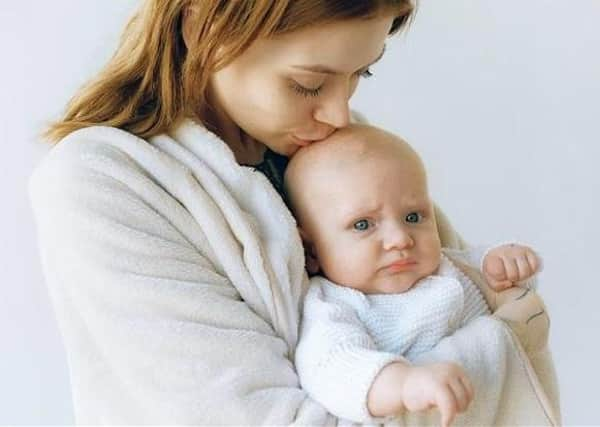Parents urged to look out for severe respiratory infections in young children amid rising cases


Health services across East and North Yorkshire, which are particularly busy as they juggle the demands of Covid-19, have started to see an increase in respiratory syncytial virus (RSV) cases among children this summer.
This is very unusual as the yearly outbreak usually begins in late autumn and peaks during winter.
Advertisement
Hide AdAdvertisement
Hide AdThe rise in out-of-season cases, in line with similar increases across the country, comes after there were far fewer infections during winter due to Covid-19 restrictions put in place.
This means many children will not have developed immunity and so health services are expecting to see more cases this year than in a typical season.
RSV is an extremely common virus and most children are infected by it by the time they are two years old.
Symptoms of RSV infection in young children include a high temperature, runny nose, coughing, sneezing, wheezing, laboured breathing, and reduced feeding.
Advertisement
Hide AdAdvertisement
Hide AdFor most young children these illnesses will not be too serious and they will recover within two to three weeks with plenty of rest and fluids. In older children and adults, RSV may cause a cough or cold.
However, some children under two, especially those born prematurely or with a heart condition, can become more seriously ill with conditions such as bronchiolitis, an inflammatory infection of the lower airways which can make it hard to breathe.
Most cases of bronchiolitis are not serious, but you should contact your GP or NHS 111 (by phone or via 111.nhs.uk) if:
○ You are worried about your child
○ Your child has taken less than half their usual amount during the last two or three feeds, or they have had a dry nappy for 12 hours or more
Advertisement
Hide AdAdvertisement
Hide Ad○ Your child has a persistent high temperature of 37.8C or above
○ Your child seems very tired or irritable
Call 999 for an ambulance if:
○ Your baby is having difficulty breathing
○ Your baby’s tongue or lips are blue
○ There are long pauses in your baby’s breathing
Dr Murray Wheeler, Consultant Paediatrician, York and Scarborough Teaching Hospitals NHS Foundation Trust: said: “In Humber, Coast and Vale we are seeing cases of RSV infection (specifically bronchiolitis) much earlier this year than normal, which mirrors what is happening across the country.
“If your child is suffering from a cold, keep a close eye on their symptoms and make sure to contact your GP or NHS 111 in the first instance to get the help you need if they have a persistent high temperature, become breathless or have difficulty feeding.”